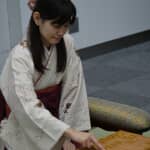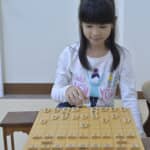Shogi 26 January 2017
Five things that I, Akiko Nakakura bears in my mind when teaching Shogi to girls
Don’t you think that Shogi is for boys?
Surely, many famous Shogi players such as Habu-san are males, and Shogi sounds cultured but not really gorgeous.
However, girls start to show interest in Shogi gradually as comic books like “3-gates no raion (March comes in like a lion)” trigger their interests.
I really sense that since quite a few girls attend our Shogi events.
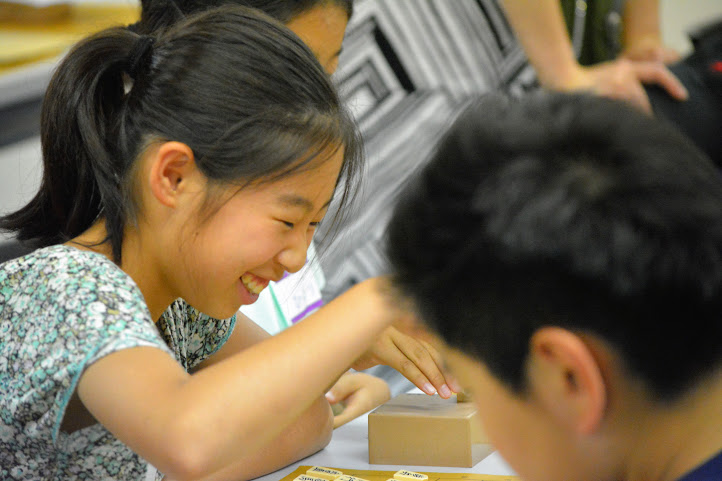
Nevertheless, boys are still the absolute majority in Shogi lessons and classes.
Although girls are interested in Shogi, I am sure that they feel anxious entering boy dominant Shogi lessons.
So, today, I would like to share things I keep in my mind when I teach girls so that girls who start to have interest won’t quit Shogi.
I believe Shogi lessons should be fun for both girls and boys and easy to continue to let more and more children know attractive Shogi.
1. Never force girls to play a match.
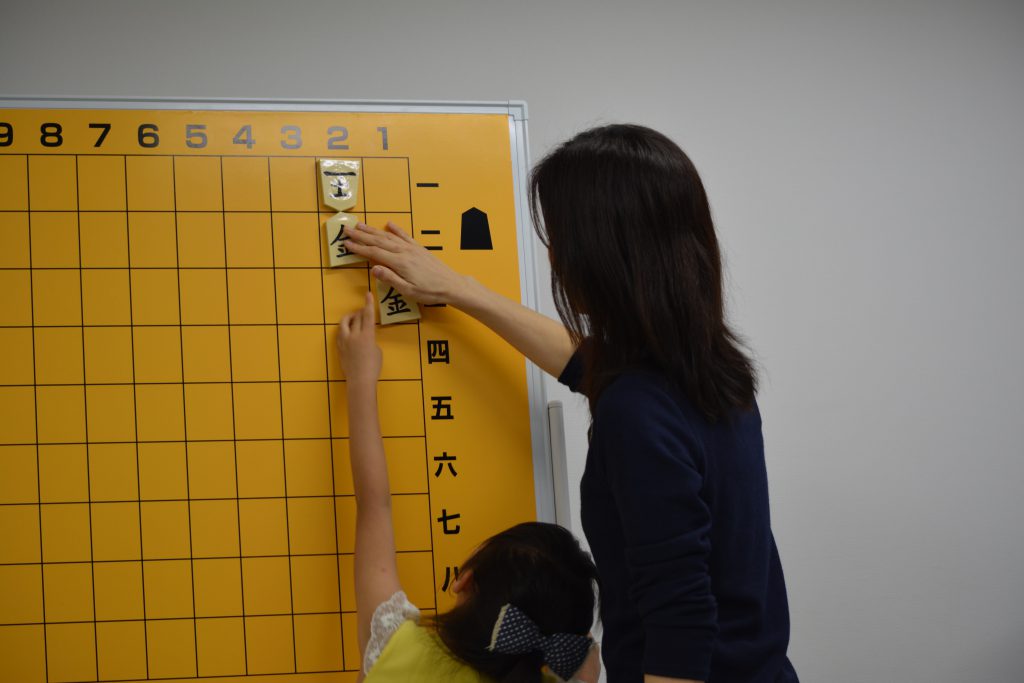
As a feature of girls learning Shogi, they hate to play a match.
Playing a match is inevitable to enhance Shogi skills, but I see that girls tend to feel emotional damage a little more than boys when they lose. If instructors force girls to play in a match, it is quite possible that they experience mental breakdown, I’m afraid.
So, when I see girls feel down, I let them work in Tsume Shogi. As I mentioned in the several previous posts, Tsume Shogi has an upside that you can attain a sense of achievement each time you solve a puzzle.
I give children a stamp or a sticker each time they solve a puzzle so that they can sense their own growth.
For your information, some girls prefer to play a match. In such a case, please let them engage in a game just as much as boys do.
2. Find opponents from different age groups
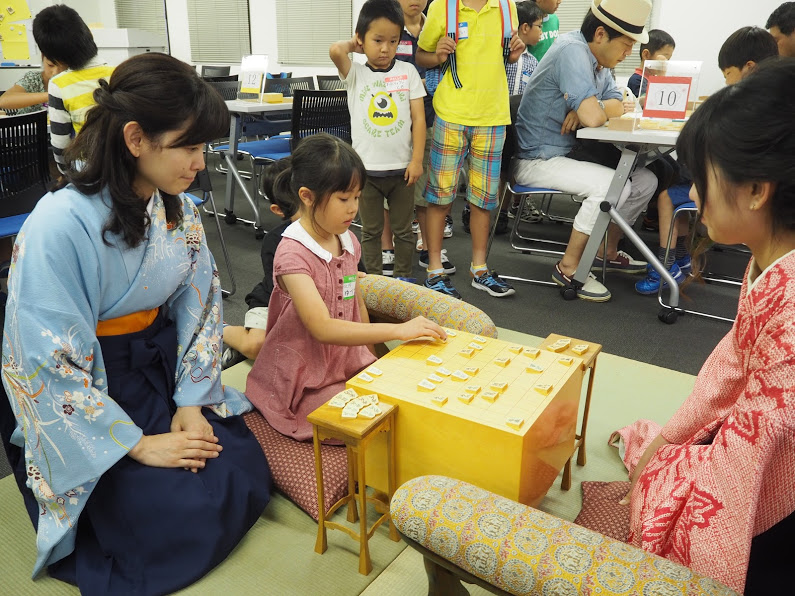
Analyzing girls who hate to play a match more specifically, we find out that they hate to engage in a game against their friends.
I think that girls tend to share their worries and happiness with friends rather than compete against each other to improve skills.
My Shogi master, Okamoto-Sensei once told me that Japanese tea ceremony and flower arrangement are popular traditional culture among women because they do not need to compete against peers in these activities.
Still, we cannot avoid playing a match in Shogi.
Okamoto-Sensei has a Shogi team which consists five female players in City of Fuchu in Tokyo. He always finds opponents for the team from the outside on purpose so that the team can avoid internal matches.
I also try to select opponents from different age groups for girls as much as possible. I sometimes become their opponent myself so that girls can avoid competition among peers.
3. Offer girls an opportunity to be a teacher
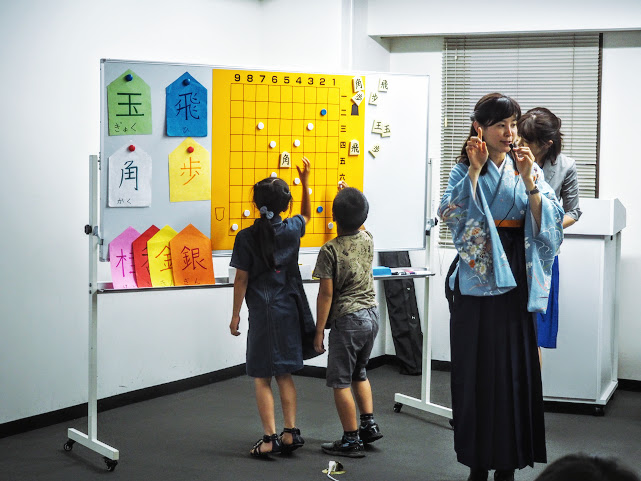
I realize that girls are better Shogi teachers than boys through my experiences of being Shogi instructor for children. That may be because girls are usually more talkative than boys and enjoy taking care of others.
Girls clean up Shogi pieces and let me know when Tsume Shogi sheets are running out of stock.
They are thoughtful and sensitive to others’ needs.
So, I often ask a favour of girls, and they teach other children Shogi or clean up pieces for me.
What I think important in such occasions is to express my gratitude to those girls and praise their well-done jobs.
I believe it is not only winning that keeps children motivated toward Shogi. It is important to find each child’s upsides and inform him/her that we know their good parts.
4. Talk about something other than Shogi
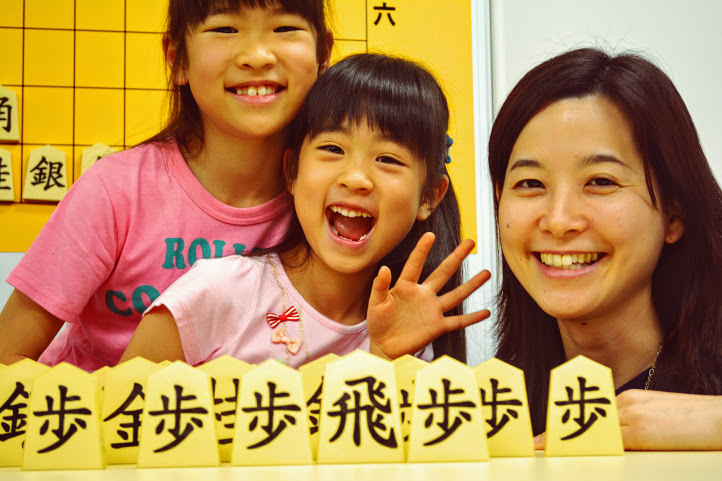
As mentioned before, although we see some girls attending Shogi lessons, they are still minorities.
Considering that, I think many girls feel tense during Shogi lessons.
So I often try to have a small talk with girls before a lesson as an ice-breaking activity.
The topics we share are their school activities, what they do in a sport festival and some trifle things. Since girls are generally talkative, those small talks relax their tension to enter a classroom.
5. Recommend a team competition
Previously, I told you that participation in a children’s Shogi tournament is a good way to keep them motivated toward Shogi. However, boys and girls react a little differently about a tournament as well as other things. I think that girls are more likely to feel “I don’t want to lose” than “I want to beat others.”
Given that, I recommend a team competition to girls. Even for adults, there is a team competition for amateur ladies players, in which a team with five members competes in a tournament.
Players enjoy games as well as other things such as wearing team uniforms and Shogi-piece-shaped hairpins.
I think that fighting alone makes us nervous but we feel secured if we know our teammates support us.
I have shared some tips to teach girls Shogi today. I hope you enjoyed them.
Shogi does not test your physical power but brain power. It is one of rare sports that both boys and girls can polish their skills.
I feel it is sad that girls take only a small portion of all the Shogi players.
I will continue to promote Shogi even harder so that more girls find Shogi fun.
